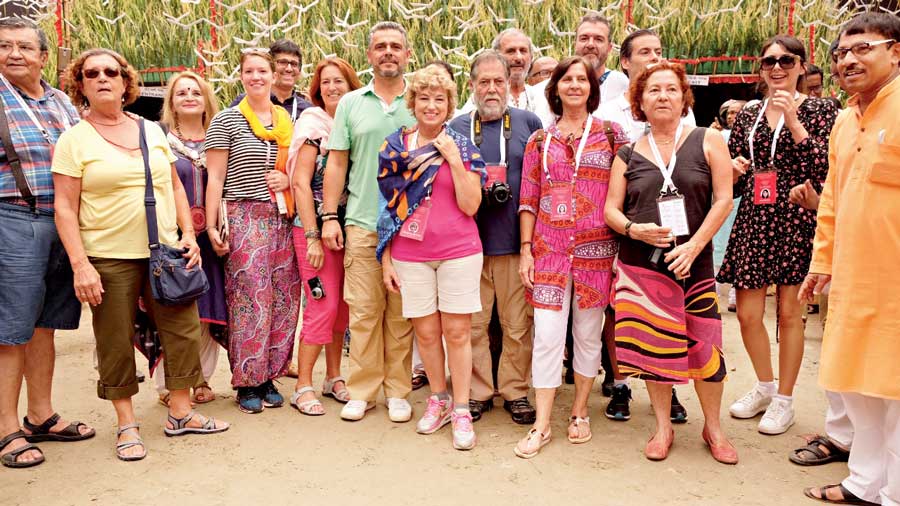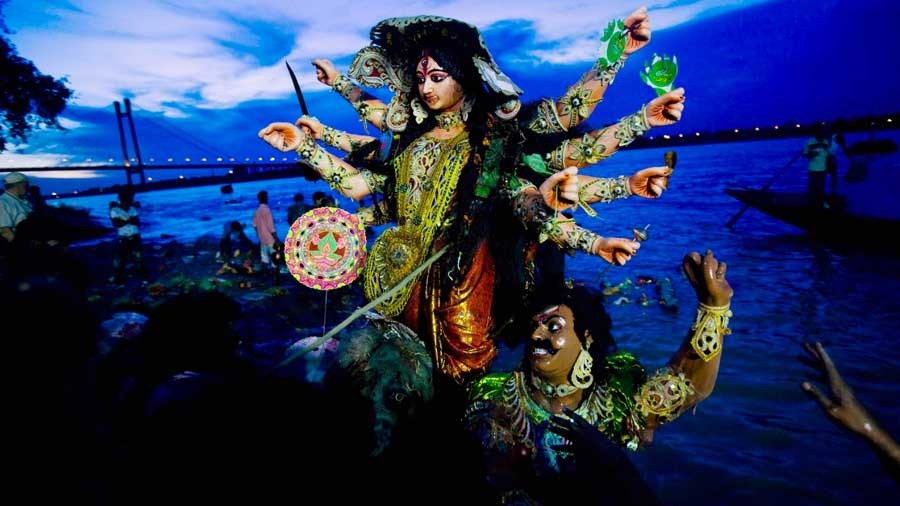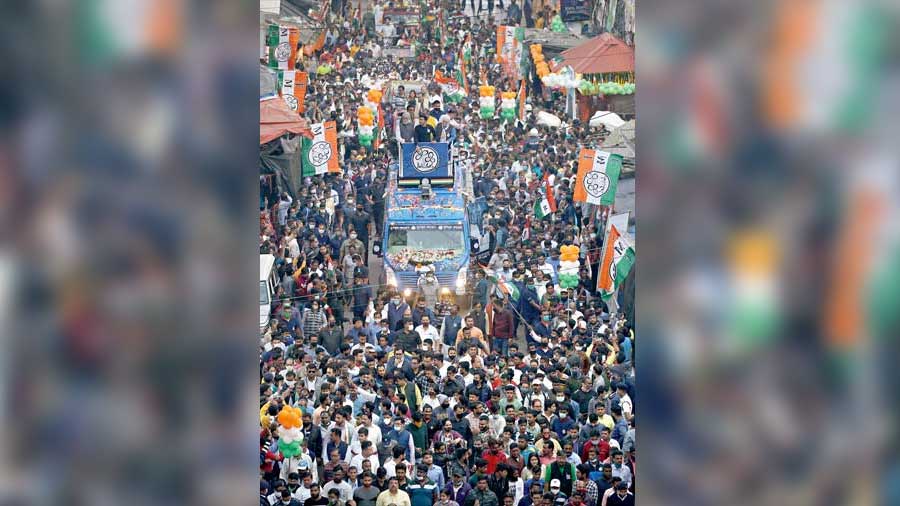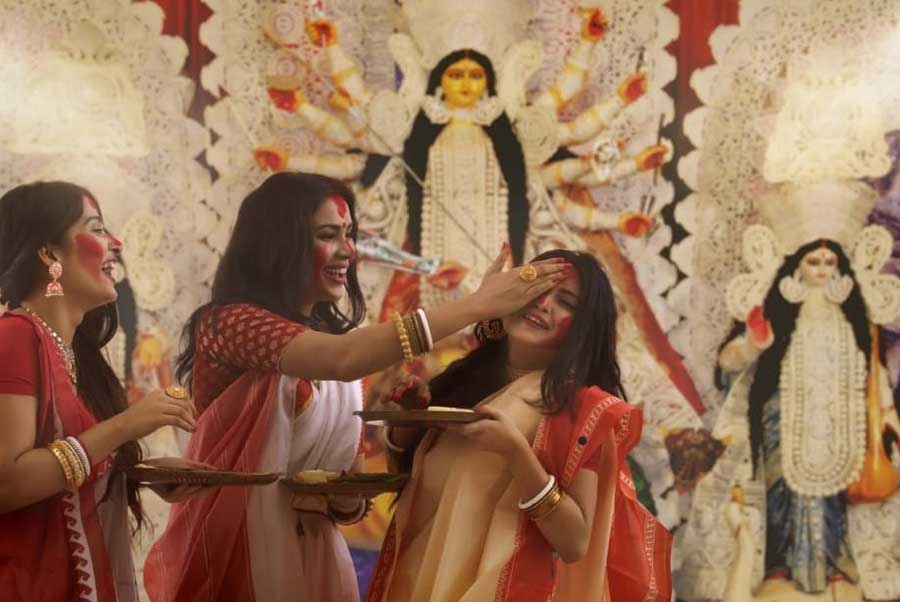The inscription of Durga Puja on Unesco’s Representative List of Intangible Cultural Heritage of Humanity will provide an effective calling card to start a conversation but it can be a game-changer for Bengal’s tourism only if it can be leveraged smartly, feel tourism industry insiders and members of the Bengal diaspora.
Few understand it better than Jaydeep Mukherjee, who has been trying to promote Durga Puja globally for over a decade and has brought tourists from Europe and North America in recent years to witness Durga Puja.
“In 2015, I was holding a road show in Montreal, Canada, on Puja, showcasing it as the biggest socio-cultural festival of the world. Afterwards, an elderly journalist who has co-founded an association of international food and travel writers took me aside. ‘You lie so convincingly,’ he told me, smiling, adding that he had been to India seven times but never heard of Durga Puja,” recalled Mukherjee, who runs Meghdutam Travels.
After months of persuasion, Mukherjee convinced the octogenarian to visit Kolkata that autumn. “At the end of his trip, he told me that despite having been to over 150 countries had he died without seeing Durga puja, God would not have forgiven him. It has been an uphill task to promote Puja abroad. Now with the Unesco tag, I will not face so much resistance,” he added.
The Kolkata branch of Skal International, a network of global tourism leaders headquartered in Spain, is upbeat at the news. “We are bidding for the 2024 Skal international conference. It is like bidding for the Olympics. If we get it, we plan to hold it during Durga Puja and this development will help our cause greatly,” said vice-president Amin Asghar. Once that happens, the conference will bring 1,500 travel operators from across the world to the city, allowing them to feel the festival for themselves and take the word back to their vacation-bound clients.
The diaspora can play a big role in amplifying the recognition and the festival itself. Sourav Niyogi, trustee of the London-based Bengal Heritage Foundation that promotes UK-Bengal cultural links, feels the government could tie up with major Durga Pujas across the world. Niyogi is associated with London Sharad Utsav, a popular Puja in Ealing, London. “This year, a British child was very curious about what was happening inside our Puja venue but his father was unsure if they could go in. Once I invited them, they spent 45 minutes inside, witnessing the idol, the rituals and the activities around the puja. Imagine if there could be a brochure being given out or a film playing at a stall to acquaint them with the actual festival in Kolkata while their curiosity was roused by seeing Puja in their own city!” he said.
A frequent traveller himself, he pointed out that Unesco inscriptions drove a lot of tourism.
“Few people across the world knew of Angkor but once it got the Unesco tag (in 1992), everyone started travelling to Cambodia,” he said.
Durga Puja, Niyogi felt, would be a perfect fit for the luxury segment. “People have seen enough monuments. The latest trend in this high-revenue segment is a combination of grassroots experience and luxury stay. These tourists would go pandal-hopping amid the crowd but retreat into their five-star suites once they are done.”
Surrounding Puja, he suggested that the state develop more destinations and experiences. “Bishnupur could be the next big thing,” he added.



